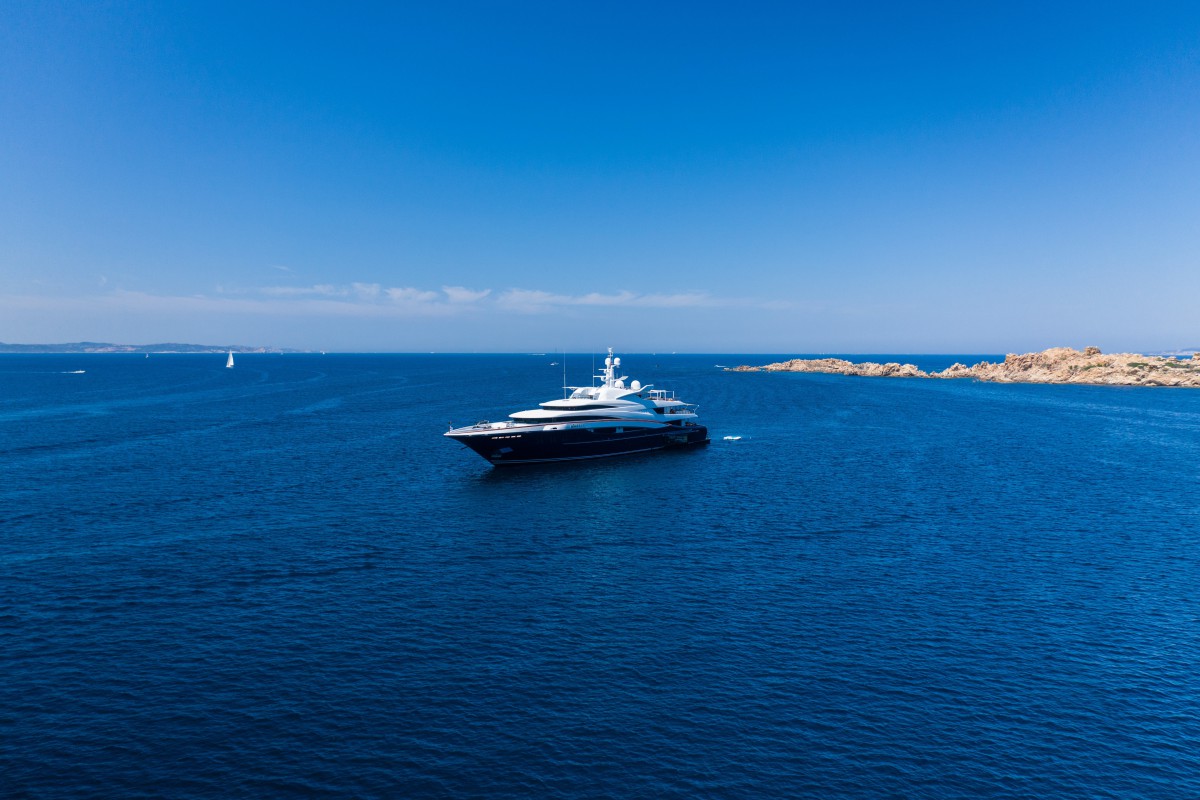Navigating Legal Frameworks in Seafarer Employment
PG legal offers some vital advice for seafarers looking to better understand the terms of their employment contracts …
The employment of seafarers is a crucial aspect of the superyacht industry. It is essential to be aware of the legal framework that governs such employment, as there are various issues that need to be handled with care. These issues include the choice of law that regulates the contract, social security payments, and the potential consequences of a dispute between the yacht owner and the seafarer.
The choice of law that regulates the employment contract is a crucial factor that needs to be considered. In the case of an EU seafarer, the shipowner and the seafarer are free to choose the law that will govern the contract. According to EC Regulation 593/2008 (the “Regulation”), an individual employment contract shall be governed by the law chosen by the parties. However, the choice of law may not have the effect of depriving the employee of the protection afforded to them by provisions that cannot be derogated from by agreement under the law that would have been applicable in the absence of choice.

In the absence of an alternative choice, the Regulation stipulates that the contract shall be governed by the law of the country in which or, failing that, from which the employee habitually carries out their work in the performance of the contract. If the law applicable cannot be determined pursuant to the above point, the contract shall be governed by the law of the country where the place of business through which the employee was engaged is situated. If it appears from the circumstances that the contract is more closely connected with a country other than that indicated in the above points, the law of this other country shall apply.
The interpretation of these rules may vary depending on the jurisdiction. In Italy, for instance, where maritime work is "itinerant" by definition, judges take into consideration the place where the yacht is situated for the majority of its time. If it is not possible to determine the state in which the yacht spends the most time, Italian judges consider the place of embarkment of the seafarer and their nationality.
The application of Italian law may have significant consequences for yacht owners. In cases where Italian law is applied, seafarers are granted certain rights, such as the minimum salary provided by the applicable collective bargaining agreement, the right related to holidays not taken, social security payments, and other rights that cannot be waived, unless certain requirements are met. Hence, the seafarer shall be entitled to claim additional amounts arising from the above rights, regardless of any different agreement with the shipowner.

Another issue that needs to be handled with care is social security payments. The general legislation to refer to is the Council Regulation (EEC) No 1408/71 of 14th June 1971 (annexes included), as subsequently supplemented and amended, on the application of social security to employees moving within the Community. This regulation provides for a general rule under which a person carrying out their professional activity on board a vessel flying the flag of a Member State is subject to the legislation of such State.
However, a person to whom the legislation of a Member State ceases to apply, without the legislation of another Member State becoming applicable to them, shall be subject to the legislation of the Member State where they are resident. With reference to the social security applicable to a seafarer working mostly in Italy and residing in Italy, pursuant to EU Regulation 1408/71, if a vessel is flying an EU flag, the seafarer will be submitted to the legislation of the EU Member State where the ship is registered. If a vessel does not fly an EU flag, the seafarer will be submitted to the legislation of the EU Member State where the seafarer is resident.
In case the seafarer is not an EU resident, the social security legislation may differ depending on the jurisdiction. It is essential to seek legal advice to ensure compliance with the relevant laws and regulations.
It is crucial to consider the potential consequences of a dispute between the yacht owner and the seafarer. In case of a dispute, it is advisable to attempt to resolve it amicably through negotiations or alternative dispute resolution methods, such as mediation. However, if an amicable settlement cannot be reached, the dispute may be brought before a court or arbitration tribunal.

In the superyacht industry, it is common for the employment contract to include an arbitration clause that requires any dispute to be resolved through arbitration. Arbitration can be a more effective and efficient method of resolving disputes, as it is often quicker and less costly than traditional court proceedings. However, it is essential to ensure that the arbitration clause is drafted carefully and includes all necessary provisions to avoid any potential challenges to the enforceability of the award.
The employment of seafarers is a crucial aspect of the superyacht industry that requires careful consideration of the legal framework that governs such employment. It is important to handle issues such as the choice of law, social security payments, and dispute resolution with care to ensure compliance with the relevant laws and regulations and avoid potential legal disputes. Seeking legal advice and ensuring proper drafting of contracts and clauses can help minimize legal risks and ensure a smooth and successful employment relationship between yacht owners and seafarers.
NEW: Sign up for SuperyachtNewsweek!
Get the latest weekly news, in-depth reports, intelligence, and strategic insights, delivered directly from The Superyacht Group's editors and market analysts.
Stay at the forefront of the superyacht industry with SuperyachtNewsweek
Click here to become part of The Superyacht Group community, and join us in our mission to make this industry accessible to all, and prosperous for the long-term. We are offering access to the superyacht industry’s most comprehensive and longstanding archive of business-critical information, as well as a comprehensive, real-time superyacht fleet database, for just £10 per month, because we are One Industry with One Mission. Sign up here.
Related news

Out now: Clyde & Co podcast series 2.5
John Leonida sits down with Sam Cook, Head of JP Morgan's Specialist Lending Solutions, to discuss the how and the why of superyacht finance
Owner

Out now: Clyde & Co podcast series 2.4
John Leonida and Nic Arnold discuss the importance of being earnest as to how one owns a superyacht
Owner

Spanish yacht market yet to realise full potential
Lawyer & Economist, Miguel Ángel Serra, proposes a strategy to help evolve the Spanish yacht market
Opinion
.jpg)
Out now: Clyde & Co podcast series 2.2
Giovanna Cabbia, Clyde & Co Partner discusses the most common form of sale and purchase agreement
Business

Melilla and charter under temporary admission
Miguel Ángel Serra, Tax & legal advisor of the Spanish Yachting Association, provides an important tax update
Owner
Related news
Out now: Clyde & Co podcast series 2.5
2 years ago
Out now: Clyde & Co podcast series 2.4
2 years ago
Out now: Clyde & Co podcast series 2.2
2 years ago
Melilla and charter under temporary admission
3 years ago
NEW: Sign up for
SuperyachtNewsweek!
Get the latest weekly news, in-depth reports, intelligence, and strategic insights, delivered directly from The Superyacht Group's editors and market analysts.
Stay at the forefront of the superyacht industry with SuperyachtNewsweek



